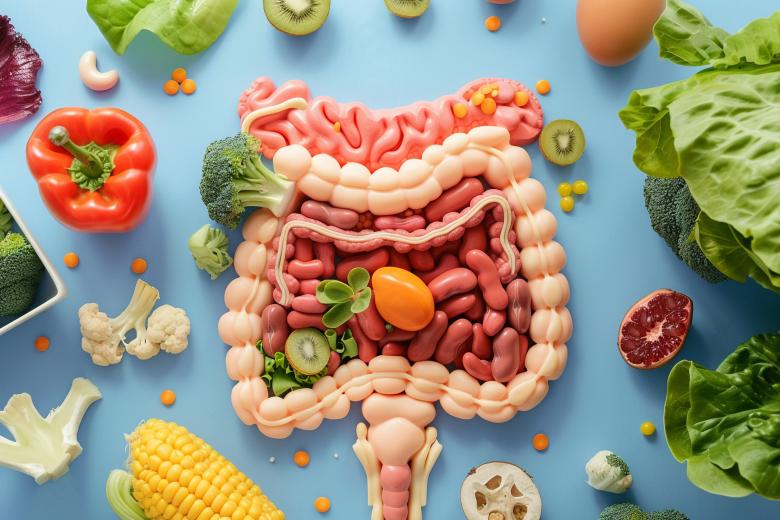Chocolate is the most widely eaten candy in the world. What makes it so irresistible?
Why do we love to eat chocolate?
Professor of neuropsychology Rob Markus explains in AD (in Dutch) the importance of orosensory sensation. That term stands for the feeling in your mouth you get when you take a bite, including the smell and taste. "The blissful sweet smell, the soft substance and the melting effect; it looks like this makes you happy and can't wait to take a second cube."
According to Remco Havermans, associate professor of Youth Nutrition and Health, chocolate is the most delicious thing there is. But why is that so? In this podcast from the University of the Netherlands (in Dutch), he explains the three biological phenomena that play a role.
Also read
-
Why some people hesitate to vaccinate and how healthcare can address this
Doubts about vaccination continue to be a significant challenge for global public health. The World Health Organisation (WHO) has listed vaccine hesitancy as one of the top ten threats to global health. But what exactly is vaccine hesitancy and how does it impact our society? How can we address it...
-
New technique measures live activity of gut bacteria
Professor Ellen Blaak, PhD Gilian Larik and research team are tracking in MRUM fermentation chambers, how gut bacteria respond to food.
-
GROW research: all-in-one test for genetic defects in embryos🧪
Researchers at Maastricht UMC+ and GROW have developed a technique that can analyse the entire genome in a single test, allowing for faster determination of embryos suitable for successful pregnancy.